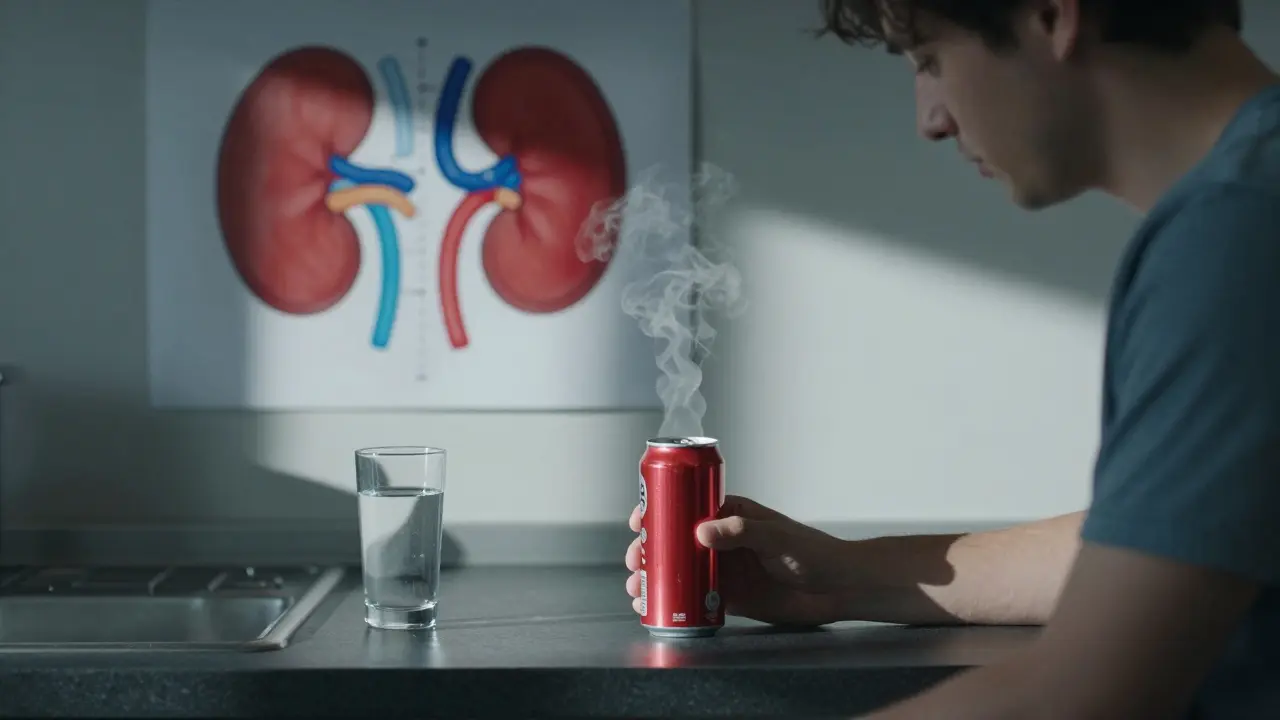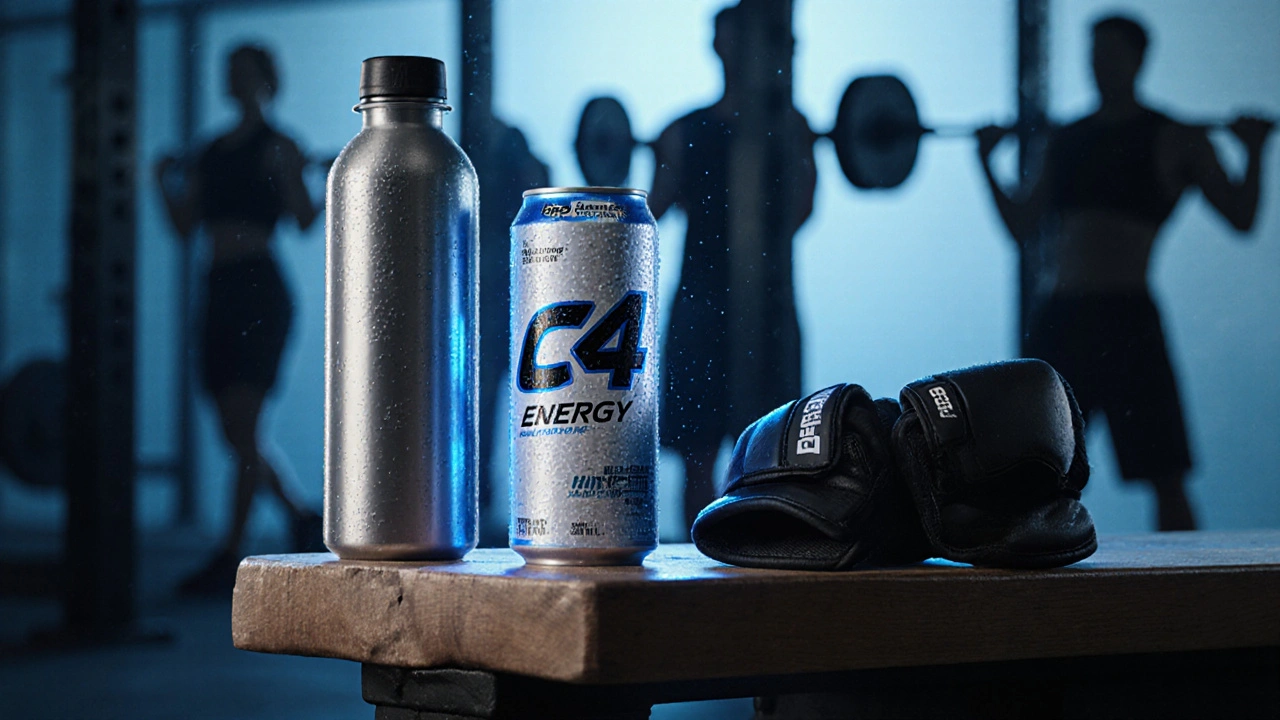Energy Drink Risks
When working with energy drink risks, the possible health problems linked to consuming energy drinks, especially those high in caffeine, sugar, and additives. Also known as energy drink side effects, it covers concerns about caffeine, a stimulant that can raise heart rate and blood pressure, liver health, how the liver processes sugars and synthetic ingredients, kidney stress, the strain on kidneys from high caffeine and electrolyte imbalance, and heart palpitations, irregular or racing heartbeats that some drinkers experience.
Core Concerns Behind the Risks
Energy drink risks energy drink risks aren’t just a buzzword; they stem from three main axes. First, the caffeine load can trigger heart palpitations and sudden spikes in blood pressure. Second, the combination of sugar, taurine, and other additives forces the liver to work overtime, which may lead to long‑term strain. Third, the high electrolyte load and diuretic effect push kidneys to filter more fluid, increasing the chance of dehydration and kidney stress. In short, the formula of many drinks creates a perfect storm for these three organ systems.
Understanding how these entities interact helps you make smarter choices. For example, a drink with 200 mg of caffeine and added guarana pushes heart palpitations risk higher than a low‑caffeine alternative. Likewise, sugar‑free versions often replace sweetness with artificial sweeteners, which can still affect liver metabolism. When you know which ingredient drives each risk, you can pick a product that aligns with your health goals.
Our collection below reflects these connections. You’ll find a quick guide on low‑calorie energy drinks and belly‑fat loss, an emergency‑style rundown on calming a racing heart after a can, and a deep dive into how energy drinks impact liver and kidney health. Each piece breaks down the science in plain language and offers practical steps you can apply today.
If you’re curious about the exact caffeine amounts that trigger heart racing, check out the article on stopping a rapid heartbeat after an energy drink. Want to know whether a sugar‑free option is truly safer for your liver? The “Prime energy drink health effects” post walks you through the data. And for those tracking waistlines, the low‑calorie energy drink guide shows how a smart choice can support weight goals while keeping risks in check.
By the time you finish scrolling, you’ll have a clearer picture of which drinks are worth a sip and which ones are better left on the shelf. Use this knowledge to protect your heart, liver, and kidneys while still enjoying the boost you need.
Energy drinks can stress your kidneys through caffeine, sugar, and dehydration. Regular use increases kidney stone risk and may cause long-term damage. Learn what science says and how to protect your kidneys.
A deep dive into C4 energy drink's ingredients, health risks, safe usage tips, and how it compares to other popular energy drinks.


